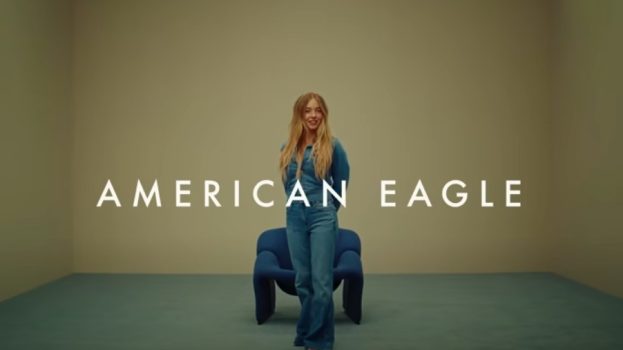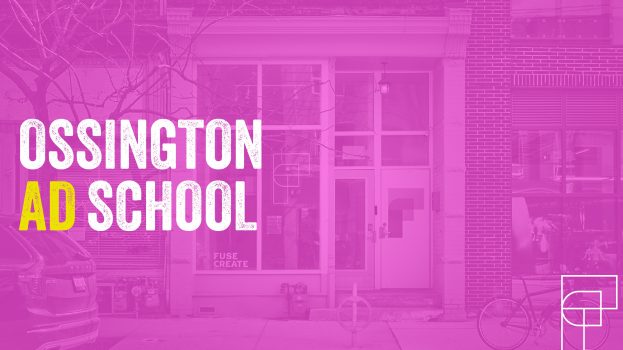By Ashley Lorenzo
As an ambitious BIPOC student, excited to enter the field of advertising, I can’t help but begin to think of all the possible career opportunities open for me. My long-term goal for my career is to become an agency leader at a well-established agency… but will I have access to the same opportunities as my white peers? As a BIPOC, will I be overlooked? Will hard work and effort result in success, or will my career goals be challenged by systemic racism?
There is a lack of overall BIPOC representation in the industry as a whole. According to a poll conducted by ICA member agencies, 73.9% of agency staff in Toronto are white, as opposed to only 2.9% of Black staff. Additionally, there is an evident lack of BIPOC in leadership positions within Canadian advertising agencies. This underrepresentation of BIPOC voices becomes reflected in the advertisements created. The narratives portrayed, the faces shown – are not accurate representations of the diversity of our society. BIPOC voices deserve to be amplified and celebrated – both in front and behind the scenes.
Speaking as a BIPOC advertising student, the issue of systemic racism in the advertising industry along with the lack of diversity, is concerning. The advertising industry should be where BIPOC talent can thrive, not be shadowed; where our ideas are welcomed and valued, not overlooked; and where equality is the paradigm.
Instead, the underrepresentation of BIPOC professionals in the industry and within the advertisements created, can cause feelings of discouragement. It makes us question our significance as individuals, and as professionals in the industry.
So now the questions remain: What actions can be taken by industry leaders and educational partners to create change? What can each of them do to ensure that BIPOC students feel supported entering the industry?
In addition to the items in the Open Letter to Canadian Advertising and Marketing Industry Leaders, I ask advertising agencies and educational partners to consider the following actions:
- Implement courses in the Advertising and Marketing curriculums that address:
a. the need and importance of diversity and inclusivity in advertisements
b. the hiring gap between BIPOC and white individuals in the industry
The earlier we start having these conversations, the better cultural awareness individuals will have before entering the field. Students are the future of the industry – and therefore, need to have an understanding of how to address these issues.
- Create open mentorship and networking opportunities between BIPOC advertising students and agency professionals.
Educational partners are encouraged to partner with agencies to provide and pair BIPOC advertising students with BIPOC agency mentors, to allow for comfortable and open conversation, easing their transition into the industry.
- Invest in specialized internships for BIPOC students.
Earlier this year, advertising agency Taxi in Toronto launched its “Black Taxi” initiative, the first of its kind within the Canadian ad industry. This paid internship for Black Canadians shows the agency’s commitment in supporting Black talent.
As an optimist and advocate for change, I have full confidence in the advertising industry’s ability to commit to long-term change. The Open Letter to Canadian Advertising and Marketing Leaders currently has over 500 signatures from allies in both agency and client settings, a promising sign that the industry is heading in the right direction.
Beyond my personal goal of making it to the C-Suite of my dream agency, I hope that my future success story will inspire fellow BIPOC students looking to join the industry.
 Ashley Lorenzo is a second-year Advertising and Marketing Communications Management student at Centennial College
Ashley Lorenzo is a second-year Advertising and Marketing Communications Management student at Centennial College























